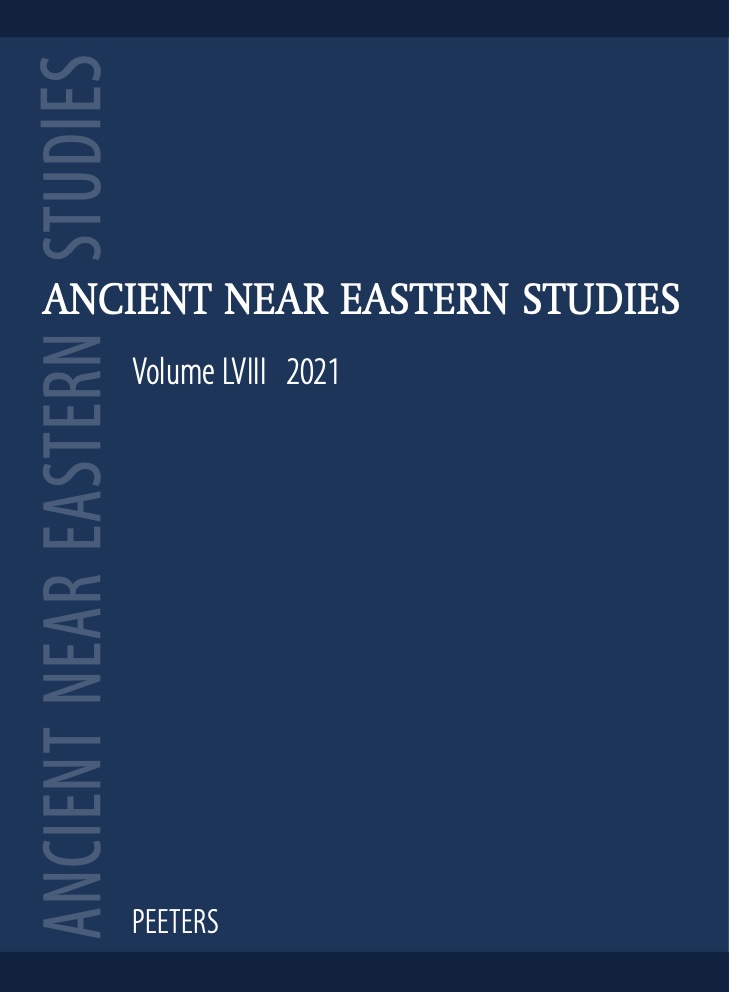 previous article in this issue previous article in this issue | next article in this issue  |

Preview first page |
Document Details : Title: 'Āshūrā' Day and Yom Kippur Author(s): SINDAWI, Khalid Journal: Ancient Near Eastern Studies Volume: 38 Date: 2001 Pages: 200-214 DOI: 10.2143/ANES.38.0.1098 Abstract : 'Āshūrā’, characterized by fasting and mourning, commemorates Hysayn ibn ‘Ali's murder. This paper discusses 'Āshūrā’'s origin, historical background, symbols and rituals, and shows similarities between 'Āshūrā’ and the Jewish Yom Kippur. Scholars disagree about the origin of the word “'Āshūrā’.” Some believe it derives from Hebrew; others claim that the word is of Arabic origin. Most agree that 'Āshūrā’ was designated an annual fast to atone for sins, purify the faithful, and thank God. We discuss the miracles that occurred on 'Āshūrā’, and blessings bestowed upon those who observe it, as well as differences and similarities, including dates, observances like affliction, confession, forgiveness, and connection to Judgement Day. The significance of Yom Kippur is its atonement for sins and asking forgiveness, like 'Āshūrā’, which preserves Husayn's memory. Repentance, fasting, affliction, and purification through ritual bestow rewards. These evoke, despite great differences, characteristics of the Jewish Yom Kippur |
|


